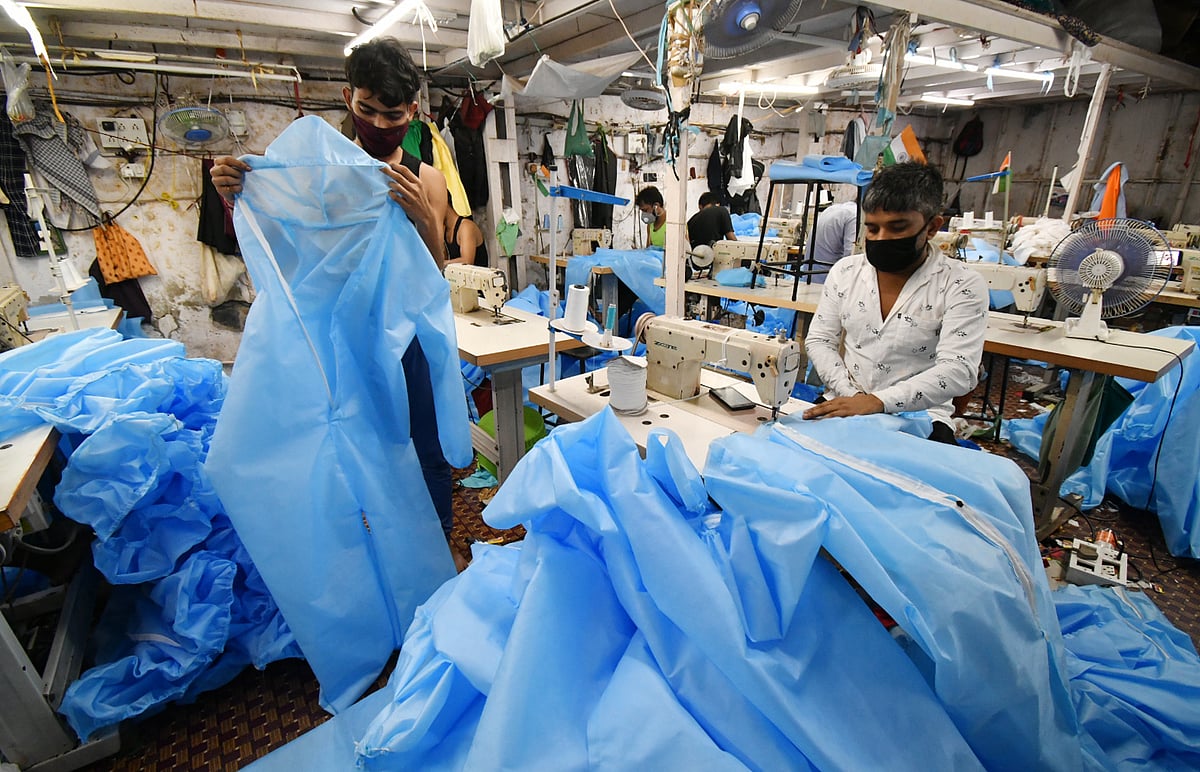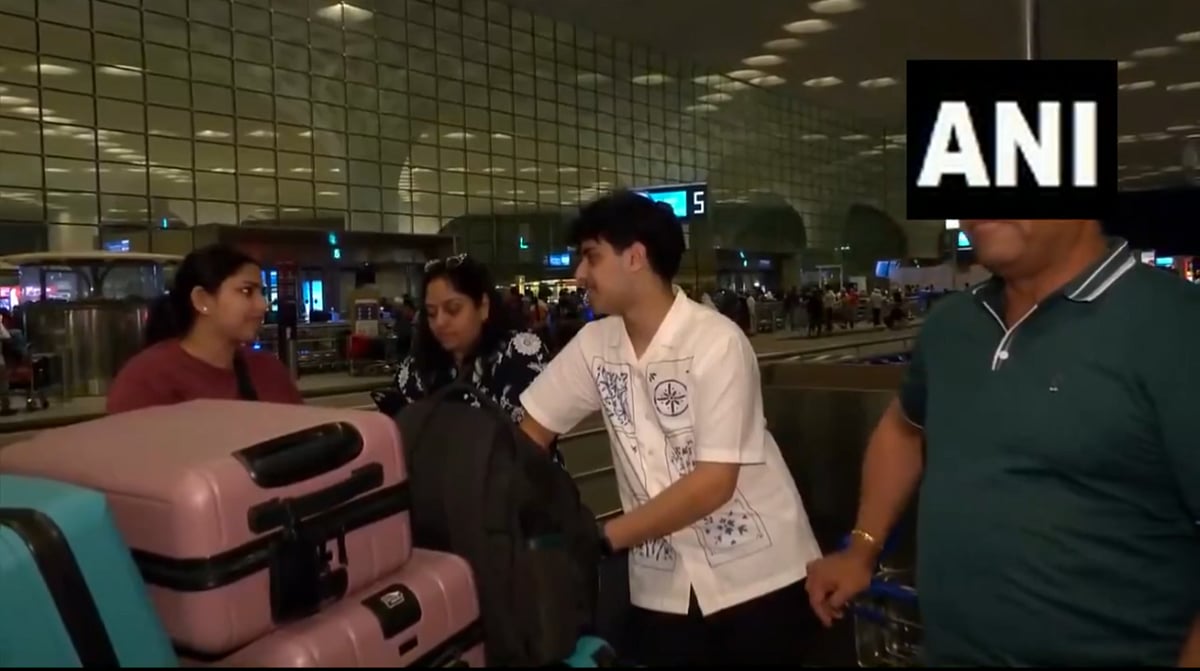Owing to the ongoing mini-lockdown, the case tally at the B (Dongri, Bhindi Bazar, Masjid) and C (Sandhurst Road, Chira Bazar and Bhuleshwar) wards has fallen by a significant margin.
After the strict restrictions came into force on April 15, B ward has been recording 20-30 cases per day, while C ward has been recording 45-55 cases per day. Before April 15, B ward used to record 30-50 cases per day and C ward used to record 70-115 cases per day.
Officials of the Brihanmumbai Municipal Corporation (BMC) have attributed the decline in cases to the ongoing restrictions.
Chakrapani Alle, assistant municipal commissioner and incharge of the B and C wards, has said owing to the lockdown all the private offices and business establishments are shut which have resulted minimising the crowd.
"The local train services are suspended and all the market areas and places of crowding are shut, this has minimised the crowding to a great extent which has resulted in lower infection rate," Alle told FPJ.
Being important commercial zones, both these wards record a significant amount of floating population. Alle said, approximately two-three lakh people visit each of these wards for their occupational needs.
"The floating population has declined due to the lockdown, our officials are always on the ground surveying all the areas to ensure there is no gathering, if we get any complaints, we take necessary action immediately," Alle added.
The growth rate of these wards has also declined with time. Presently these two wards have the lowest growth rate in the entire Mumbai. The B ward has a growth rate of 0.97 percent, while C ward a growth rate of 0.83 percent, meanwhile the average growth rate of Mumbai is 1.26 percent.
"Due to the lockdown strict curbs are implemented across the state and people are following it obediently, the markets and shops are now insisting on doorstep delivery, which has resulted in decline in case numbers," said local Congress corporator Afreen Shaikh.




